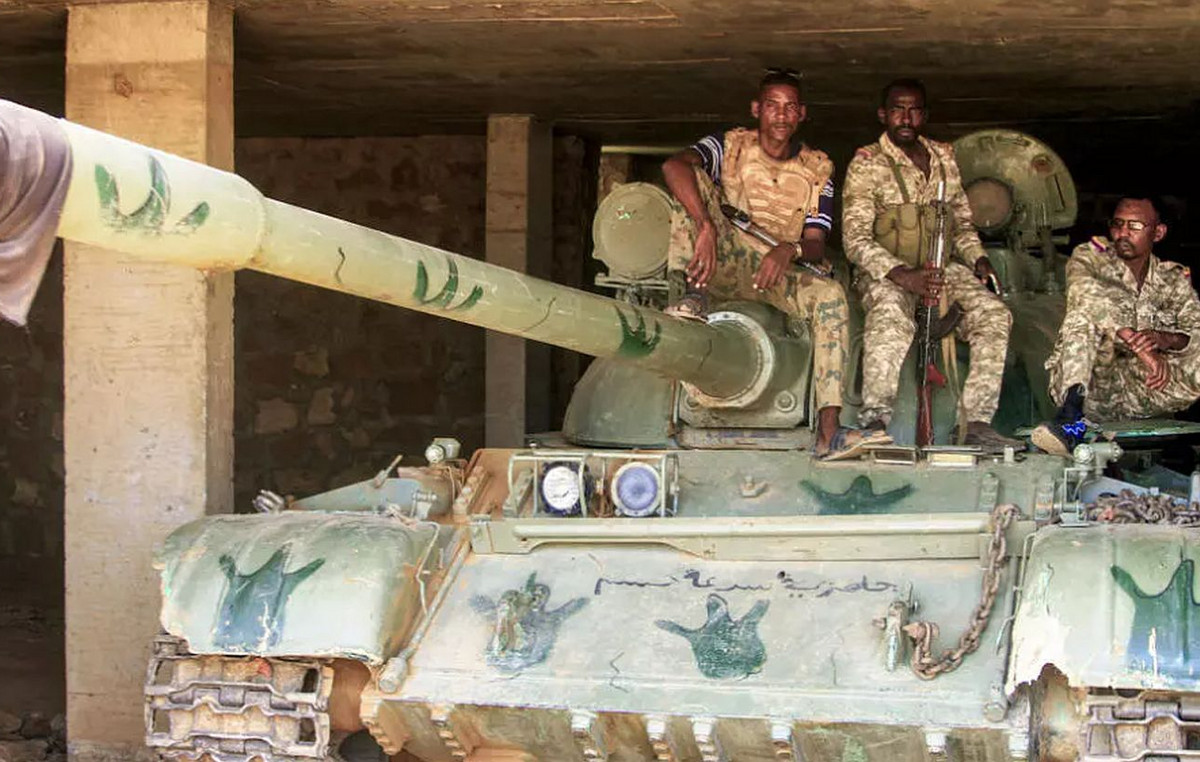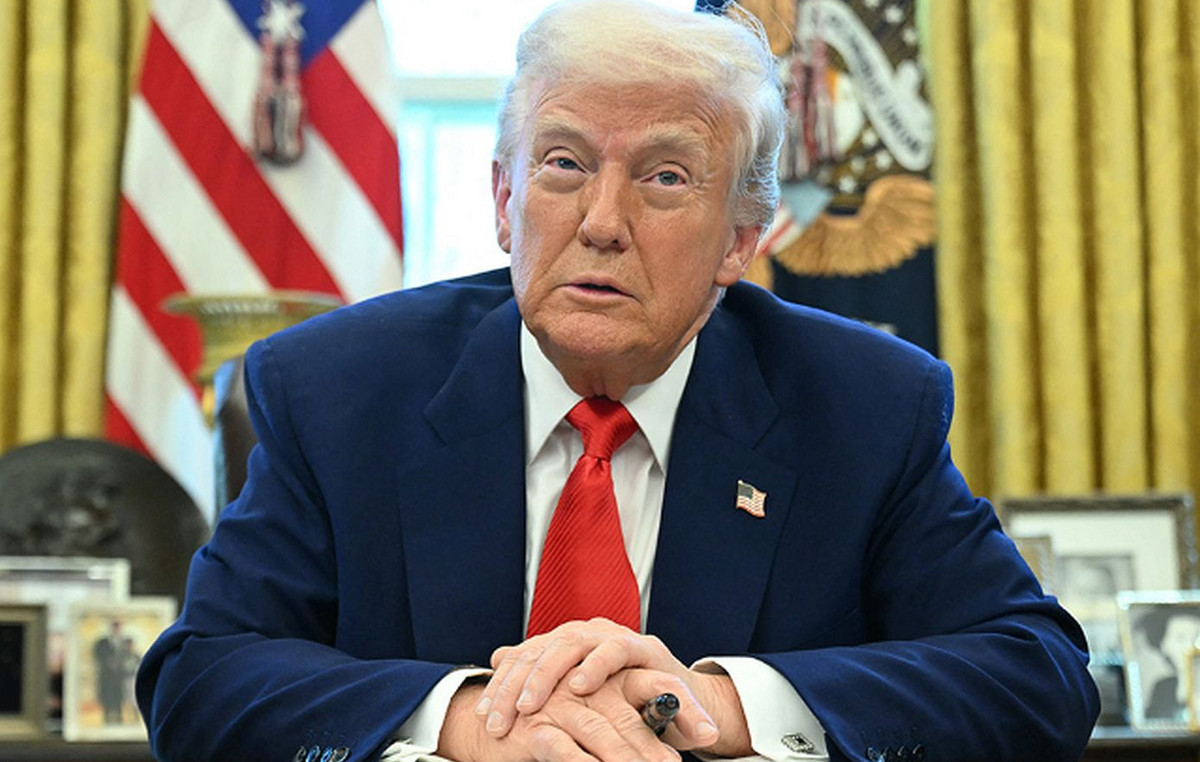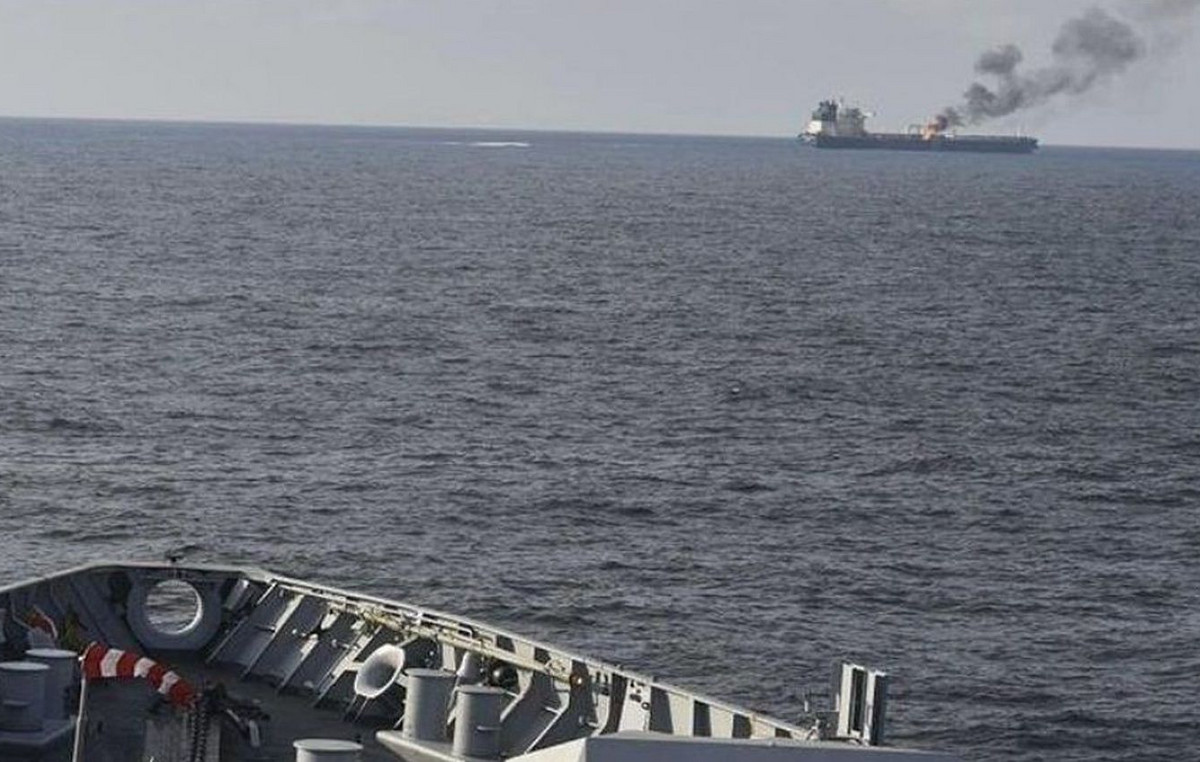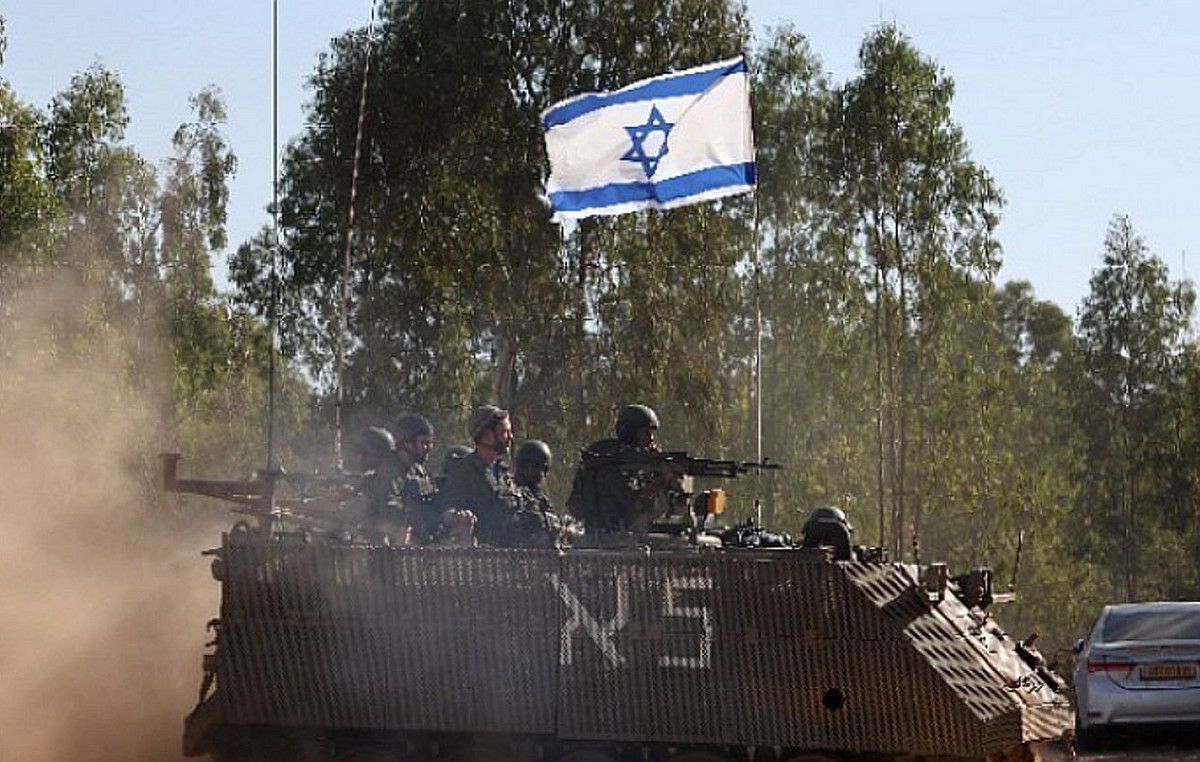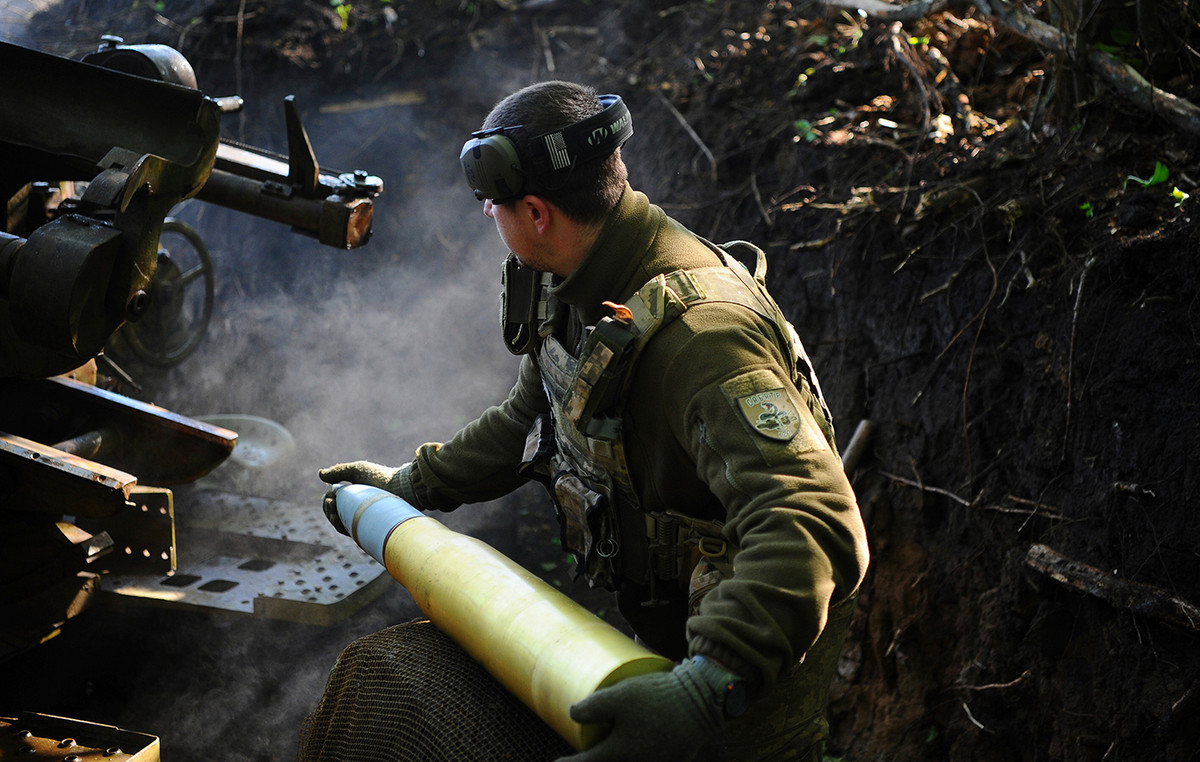Most foreigners who have heard of Bhutan knows two things: the country charges international visitors a sustainable development, or tourist, tax of US$100 per day (about R$540) and it is the birthplace of the Gross National Happiness Index a system designed to care for the well-being of citizens and the environment.
Bhutan is located between China and India the two most populous countries in the world, high in the Himalayas. Known as the Land of the Thunder Dragon is a Buddhist monarchy of 700,000 inhabitants that only gained television broadcasts from 1999 onwards.
As this hidden kingdom opens up to the world, these things alone make it an intriguing travel destination, with historic temples, uncrowded hiking and trekking trails and stunning Himalayan landscapes.
But is the country really happy? And what does that mean for the people who live here? Its citizens have several answers.
“The first thing foreigners talk about is the gross national happiness we promote in Bhutan,” he says. KJ Temphel founder of the conservation group Green Bhutan. “I think definitely living in Bhutan, for me personally, is quite peaceful and I’m very happy to be here.”
O World Happiness Report published annually by the University of Oxford and the United Nations, places Finland, Sweden and Denmark at the top of its happiness rankings. The list ranks 143 nations and territories around the world — but Bhutan is not among them.
“I must say that our people were really happy, but now, due to all these modern things and all these technologies that are coming, somehow we are more disconnected and we tend to get more depressed and sad,” says Tandin Phubz, creator of the Facebook page Humans of Thimpu, which features photos and profiles of ordinary people in the capital, in the style of Brandon Stanton’s famous Humans of New York project.
“Bhutan is a Buddhist country. Spirituality and religion have a very strong effect” he adds. “The problem is that with all these gadgets and televisions, people are somehow distracted from it. They tend to forget to say their morning and evening prayers. They are on their phones watching TikTok, swiping up and down.”
Facing the world
Modernization is a relative term in Bhutan . Locals will proudly tell you that Thimpu is the only capital city in the world without traffic lights, and the shops and restaurants are locally owned and operated. Bhutan is a rare destination in the world that is not full of international influences. Although there are some branches of luxury hotels Le Meridien and Aman, for example, even the capital is largely devoid of corporate logos.
The businesswoman Chokey Wangmo thinks it is unlikely that corporations like McDonald’s and Starbucks will come to Bhutan — not because of local policies or customs, but because it would not be a profitable market.
“Our population is so small that we wouldn’t be able to make back the franchise fee in the next 10 years,” says Wangmo, who runs several businesses in the southern Bhutanese town of Gelephu, including a coffee shop. “Even if the entire population came and had a coffee every day, it would be really difficult to pay the franchise fee.”

Wangmo has a privileged view of how the Bhutan is changing . Gelephu, a town of about 10,000 people near the border with India’s Darjeeling state, has been selected as the site for a new “Mindfulness City,” a project spearheaded by the country’s king, Gyalpo Jigme Khesar Namgyel Wangchuck.
It seems impossible to imagine Bhutan without the country’s fifth monarch. Portraits of the king and his royal family — he and Queen Jetsun Pema have three young children — hang in nearly every home and business in Bhutan, displayed much as other nations hang their national flags. Pictures of the king are ubiquitous in the country’s Buddhist temples, placed alongside pictures of lamas and set with offerings of flowers, fruit and sweets.
“If you look at the properties of private companies, of wealthy people in Bhutan, they are huge and quite decorative,” says Temphel. “But if you look at the homes of our royal family, they are very small and it’s just a simple and, I think, humble lifestyle. And that’s what matters: what they think about the country and the people, I think. It’s not about themselves, it’s about the people of the country.”
A generation on the brink
One Increasing numbers of young people are leaving Bhutan to study and work abroad . Phubz, who is in her early 20s and lives in Perth, Australia, is pursuing a master’s degree in communications and is part of Bhutan’s new generation who balances a love of family and culture with a desire to explore more of the world.
“There is a Bhutanese saying that goes: ‘You do what your neighbour does. If he or she is going to milk the cow, you are going to milk the cow. If they are going to work in the fields, you are going to work in the fields.’” He compares this to the current trend of young people going abroad to work and study.
“Parents feel that if their neighbour’s son or daughter is going to Australia, they need to send theirs too.”
Temphel agrees with these views, saying he worries that the Bhutan has a large population imbalance with more elderly people than young people, similar to other Asian countries such as Japan and South Korea.
“My concern is that after seven years of living in other countries, you get more accustomed to the customs, the habits that you have in different countries, and it will be very difficult for them to adjust immediately in Bhutan,” he says.
Those Bhutanese who want to explore the wider world can’t just pack their bags and leave. Only three countries have diplomatic embassies in Thimpu, which means most international relations must pass through India . Bhutan’s currency, the ngultrum, is pegged to the Indian rupee, and most shops and businesses accept both.
The Henley Passport Index ranks Bhutan’s passport as the 87th most powerful in the world, with holders able to access 55 places without a visa — a list that does not include the United States, Australia or the European Union.

Bhutan’s only international aviation hub, Paro International Airport (PBH), has one of the most beautiful landings in the world — but it’s also one of the most logistically challenging . Located in a valley between two mountains, only smaller planes can safely enter and exit. As a result, Paro only offers short flights to Bangkok, Dhaka, Kathmandu and New Delhi.
Some of these logistics may become easier, however. In addition to being home to the new Mindfulness City, Gelephu chosen for new international airport . Its flatter terrain means there will be room for longer runways — and, likely, jumbo jets that can fly to the Middle East, Europe and beyond.
According to government figures, Bhutan’s per capita income is 115,787 ngultrum ($1,387) per year. With a flight from Paro to Bangkok starting at $350, international travel is still out of the question for many Bhutanese.
Foreigners who wish to emigrate to Bhutan, however, do not have an easy life. . Only Bhutanese citizens can purchase land, and the only way to obtain Bhutanese citizenship — even if married to a native — is through the personal approval of the king.
What comes next
Wangmo, who spent her student years in India before returning to Bhutan, has seen her homeland from both a local and foreign perspective. “The way we are living is outdated now,” she says. “We need to learn and accept new behaviors.”
The businesswoman gives several examples of work culture that, according to her, make life difficult for business owners: for example, she couldn’t find a bank in Bhutan that allowed her to fill out account paperwork online instead of going in person .
Wangmo says things like meeting scheduling, out-of-office messaging and online customer service are often lacking in Bhutanese offices.
Most jobs in Bhutan require traditional attire. — a garment called a gho, paired with knee-high socks for men; and a two-piece jacket and skirt set called a kari for women — to be worn while working, but some swap out for jeans and T-shirts on the weekends.
Temphel of Green Bhutan says that the Bhutanese mentality is community-centered where everyone knows each other and looks out for each other. It is common for neighbors to visit each other uninvited and for the whole village to welcome a new baby or someone who has left the hospital, for example.
For Wangmo, this sense of community can sometimes feel stifling. She says she has a hard time telling people she wants to dine alone or that she doesn’t want guests every day.
Despite Bhutan’s free public healthcare system, she believes something essential is missing: transparency around mental health.
At the Coffee Cat Café which she owns and manages in Gelephu, the clients are encouraged to talk about their mental health with each other. Wangmo says many people have reached breaking point during the pandemic, as forced isolation has cut them off from the networks they once knew so well.
“Nobody was socializing because of Covid,” she says. “And then when they started talking, they understood how important it was to talk about their feelings. And I think that’s really when the mental health[conversation]came to the forefront. Mental health, I think, is a very, very personal struggle.”
To make it easier for people to open up, Coffee Cat Café holds events such as poetry readings . There are motivational quotes written on the walls and a well-stocked lending library. On their social media accounts, there are campaigns about ending the stigma of menstruation and encouraging female entrepreneurs.
For Wangmo, who is training his restaurant and cafe staff to have a more tourism-oriented mindset, the shift hasn’t happened fast enough.
“Wearing different clothes and driving cars from other countries will not help us reach the desired level,” she says. In other words, the businesswoman claims that these changes, considered superficial, are not enough to bring about the progress that Bhutan needs.
“Change is going to hit us hard. Some people are not happy, some people are scared, they don’t know what’s going to happen, if they’re going to survive. But when we have faith, we have to follow through, there’s nothing we can’t do.”
Source: CNN Brasil
Johanna Foster is an expert opinion writer with over 7 years of experience. She has a reputation for delivering insightful and thought-provoking articles on a variety of subjects. Her work can be found on some of the top online news websites, and she is currently lending her voice to the world stock market.

